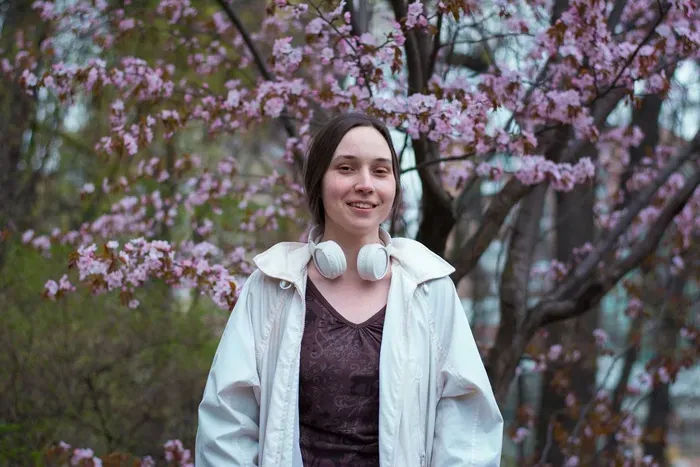Russian-born Harvard Researcher Faces Federal Charges for Smuggling
A researcher born in Russia and affiliated with Harvard is facing smuggling charges following the discovery of biological materials, including frog embryos, in her luggage by TSA agents in Boston.

A 31-year-old Russian national, Kseniia Petrova, who works as a researcher at Harvard Medical School, has been charged with smuggling biological material into the United States after clawed frog embryos and embryonic samples were allegedly discovered in her luggage by TSA officials at Boston's Logan International Airport.
The U.S. Attorney’s Office for the District of Massachusetts announced on Wednesday that Petrova faces one count of smuggling goods into the U.S. Authorities say the incident occurred on February 16, 2025, when a law enforcement canine alerted its handler to Petrova’s baggage. Initially, Petrova reportedly denied possessing any biological material but eventually conceded to carrying the items in question.
According to federal prosecutors, text messages obtained from Petrova indicate that she was aware of the requirement to obtain a permit to import the clawed frog embryos and related samples. In one exchange cited by prosecutors, Petrova was asked if she had a plan to bring the material into the country and allegedly replied, “No plan yet. I won’t be able to swallow them.”
Defense attorney Gregory Romanovsky, representing Petrova, strongly refuted the government’s claims. Romanovsky stated on Thursday that customs experts have confirmed his client did not need a permit to transport what he described as "non-living scientific samples," asserting such items are not considered biological material under U.S. Customs law.
"Yesterday’s hearing in federal district court in Vermont confirmed that Customs and Border Patrol officials had no legal basis for canceling Kseniia’s visa and detaining her on Feb. 16,” Romanovsky said. He further described Petrova’s transfer from ICE to criminal custody as a government attempt to justify its actions, calling it “outrageous and legally indefensible.” Romanovsky also claimed that the government intends to deport Petrova to Russia, where she would face grave danger due to her public opposition to President Putin’s regime.
In a recent op-ed, Petrova recounted her experience, explaining she was returning to the U.S. after vacationing in Paris when she was detained by ICE in February. She expressed fear for her safety if forced to return to Russia, citing her criticism of the war in Ukraine. Petrova admitted to not declaring the frog embryos on her customs form but believed such an omission would typically result in a warning or a fine, not arrest and detention. “At Logan International Airport, I did not complete a customs declaration for frog embryos (for use in our lab’s research) in my luggage. I’m told this would normally result in a warning or a fine. Instead, my visa was revoked, and I was sent to a detention center in Louisiana,” she wrote.
The Harvard laboratory where Petrova worked reportedly halted critical research after her detention, leaving vital work with a specialized microscope unfinished. Petrova claimed that her absence resulted in the lab being unable to analyze image data generated by the equipment, affecting the progress of cancer and aging research projects. She also raised concerns about the visa status and potential detention of other foreign scientists working in her lab.
On Wednesday, a federal judge questioned government attorneys about their rationale for canceling Petrova’s visa and detaining her, and scheduled a bail hearing later this month. Romanovsky suggested that the criminal complaint against Petrova was filed to cast her in a negative light and support efforts to deport her. Both Petrova and her attorney have criticized the legal process, describing the criminal charges as unexpected and without merit.
The case continues to draw attention from both the scientific community and immigration advocates, as questions remain about the treatment of international researchers and the complexities of importing scientific materials for research purposes in the United States.
